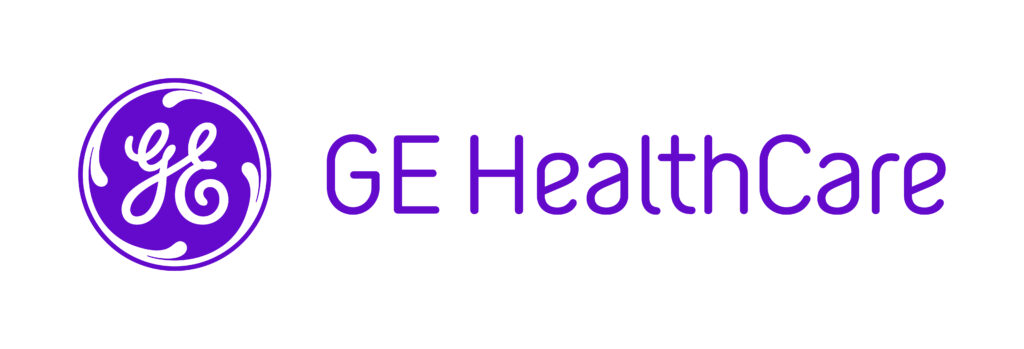Amazon shuttering Halo health and fitness product line and services. On Wednesday, Amazon emailed Halo users that the line (View, Band, and brand new Rise sleep tracker) and services, including apps, will be switched off on 31 July. Users will be able to download or delete health and other data. Subscriptions will be refunded as well as all purchases made in the last 12 months. Remaining staff in the Halo unit will be laid off. This was not unanticipated given that Amazon cut jobs at Halo back in February as part of their mass layoff of 18,000 then and another 9,000 last month. Amazon is being quite ruthless in reacting to its 2022 loss and changing up its bets in healthcare to buying F2F care, like One Medical–as the Federal Trade Commission cleans its sights to hunt big game [TTA 23 Feb, 23 March] and the Department of Justice lurks in the wings, despite the sale closing. Engadget, Amazon notice, The Verge, Becker’s
Virtual care platform eVisit acquires virtual care platform Bluestream Health. Bluestream adds ‘white labeled’ telehealth as a customized “front door” for health systems along with virtual care workflow and LanguageLine translation to eVisit’s capabilities in automating patient care management for large health systems. eVisit picks up Bluestream’s 50,000 providers and 500 health systems to add to its 100 healthcare delivery organizations, 2,000 sites of care, and access by over 275,000 clinicians. Acquisition cost and leadership/workforce transition are not disclosed. eVisit is based in Phoenix while Bluestream is HQ’d in NYC. This Editor first met with founder Brian Yarnell about 2015 or possibly earlier, when the company was operating out of two offices in shared workspace. Release, eVisit Bluestream acquisition page. FierceHealthcare
A new industry organization launches to lobby Congress and government for home health. Moving Health Home announced in March that it was forming to unify healthcare organizations to advocate for home health and to make the home a reimbursable site of care from insurers and Medicare. This spans prevention such as fall risk assessment and nutrition as well as direct care in the home including hospital at home. Members include Amazon, Hackensack Meridian Health, DaVita, Signify Health, Dispatch Health, and many others from the clinical, vendor, and provider areas. It’s headed by Krista Drobac, who has been for some time an activist in the connected health and health policy areas. Earlier this month, they announced that there will be a House bill, Expanding Care in the Home Act (ECHA) which is similar to prior bills both in the House and Senate.











Most Recent Comments